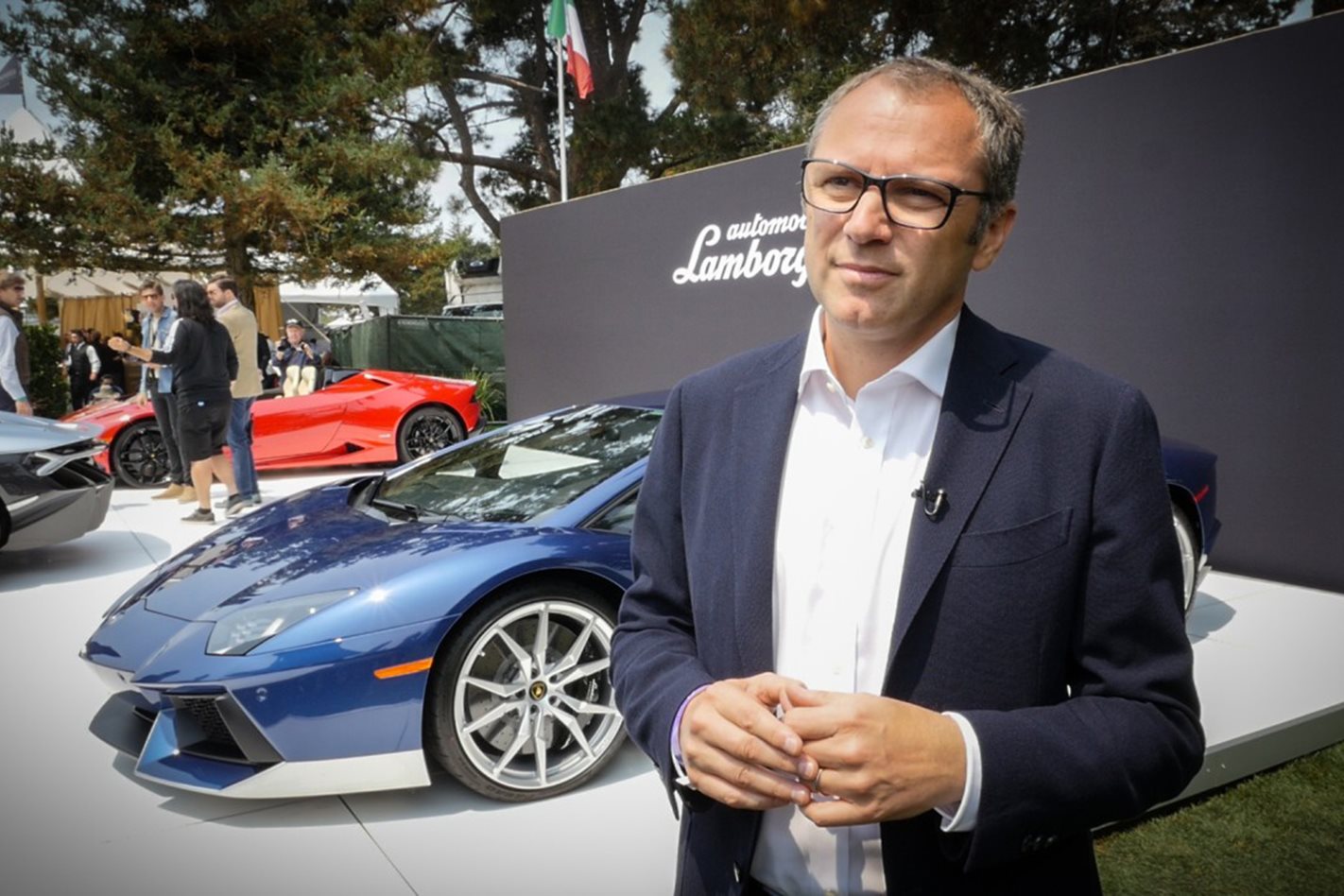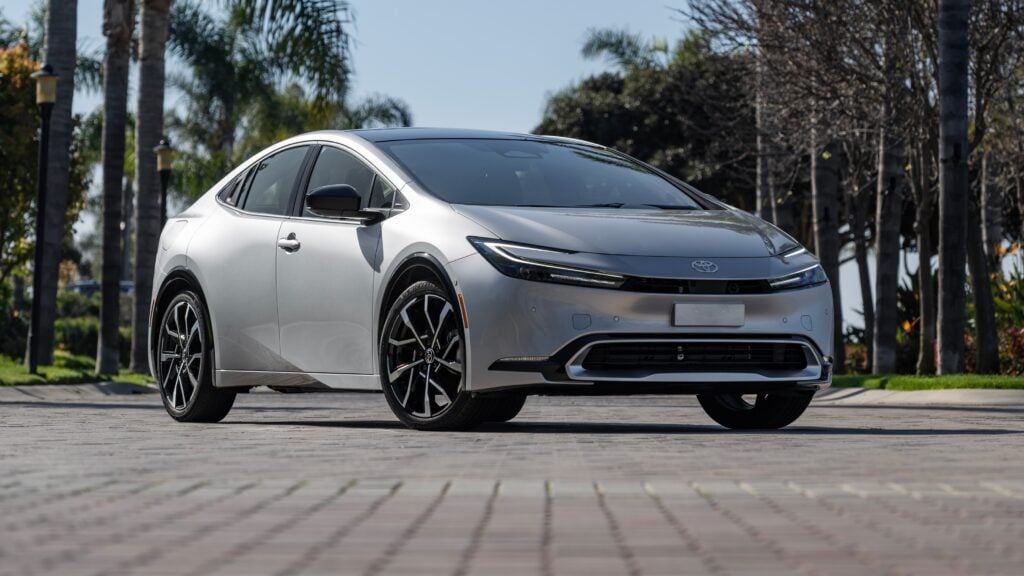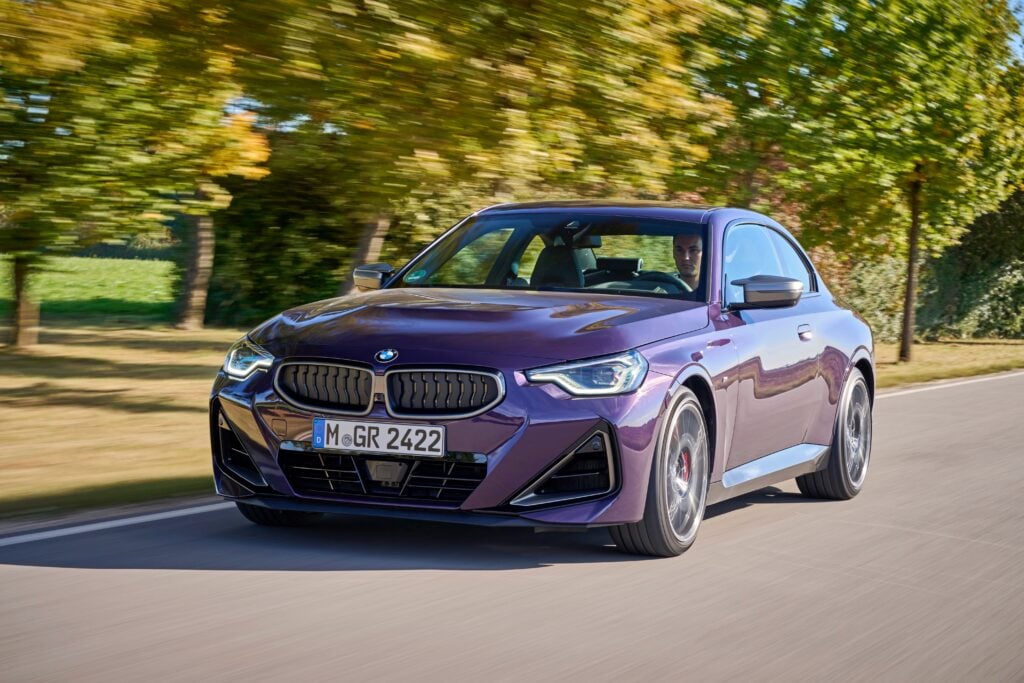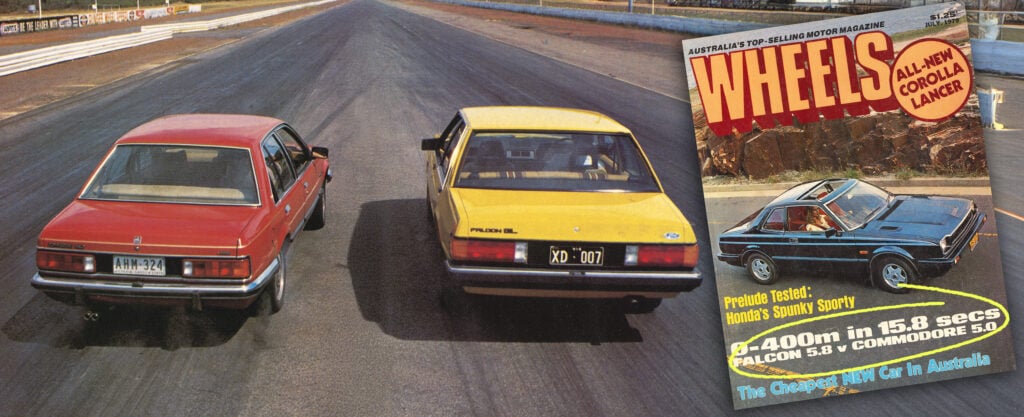STEFANO Domenicali is a bloke with a long and storied history in the automotive realm. Having worked with Ferrari since his university graduation in 1992 until the end of a six year stint as Formula 1 team principal in 2014, he then jumped ship to Audi and took up a role at Lamborghini.
Today, the 51-year-old is chief executive officer at the iconic sports car manufacturer, a position he has held since March 2016. As a proud Italian, he speaks about his work with passion and with his hands. Wheels sat down with the man to talk sports cars, motor racing and the next generation.
Wheels: Lamborghini has a reputation built on epic engines and dramatic styling. How do you balance that heritage and commitment to tradition while maintaining relevance in this era of innovation?
Stefano: “We cannot ever sleep. We want to be different. We are Lamborghini, you know? If we follow the route of the others, we will never be different.
“We are not against the technological revolution; we have an attention to this revolution. The key of being successful in this condition that is changing so quickly is to be flexible. The business cycle is done in such a way that as soon as the new technology is ready, then of course it’s time to change, without waiting a second.
“In that respect there is an important project that we have just started with MIT [Massachusetts Institute of Technology] to think about the supercar. I’m sure that within this year we are going to have some new ideas on which we can work to project the shape of the Lamborghini of 2035 onwards. This is our duty, to think ahead.”
W: We have seen hybrid performance cars from competitors like Porsche, Ferrari, McLaren and now Mercedes-AMG has something on the way. Is there risk Lamborghini might be left behind?
S: “I don’t think so. I have a way of saying that the pitch of football is quite big. If everyone is following the ball there will be a lot of congestion. So there is space for us to be different.
“In saying that, I cannot deny that we are looking at what is happening and what will be the evolution. For example, in the discussion of what will be the future of the Huracan, that’s on the table for discussion. This is part of the strategic approach that we have to have.
“I believe that Aventador will remain a very, very specific car, which needs to be totally different because it will remain our reference if we want to be Lamborghini. Then Huracan, or whatever we call it, for sure will be discussed. We are talking about it internally, what will be the right power unit, the right power train.”
W: How do you carve out a unique identity for Lamborghini from the wider VW group you share quite a lot with?
S: “The more we go towards electrification the more the technical base of all the cars will be the same. Each company needs to think what is the differentiating factor on which [a customer is] going to buy when underneath it’s almost equal.
“On our side it’s important we stay different in terms of lines and technology. If we all jump into that specification the question our customers will raise is ‘why are we there?’ when there are so many things that are almost the same.
“It’s our aim together with the group to be the stimulator of discussion. It’s really to see how we can potentially stay unique. The next years are crucial because if you give the possibility for our brand to grow and to be stable with a solid foundation then we’ll be in a position to be more autonomous in terms of investment.
“So we are in a way in a moment where we are in very positive position for Lamborghini. I have the duty and responsibility to make sure that everyone understands what is the meaning of this growth and change, because if we miss that it will be a problem.”
W: Coming back to the brand’s history, how do you look forward when the past is so important?
S: “The more that I see society growing and changing, the more to be hooked to the past is difficult. For us it is essential. We have our credibility through that foundation and that’s why we need to always look behind to be correct on what we’re doing now. Evolution is the base of our approach. It’s a heavy weight to have on the shoulders but with our brand it’s the only way to be successful in the future.
“All the lines of the old cars, all the thinking behind the old cars is there as a reference for the future.
“Now the challenge is that the young generation is part of our brand more and more. We know that there are two, let’s say, specifications for the young generation: the ones that do not give value for the heritage and the others who are giving value.”
W: Lamborghini seems to have made a deliberate effort to be involved with gaming like the Forza series on Xbox. Is that important?
S: “Absolutely. That’s the hook for the youngsters who do not have the heritage in their mindset. For them it’s important because they recognise there is Lamborghini, it’s in the place I would like to be.
“We are pushing like hell and it’s incredible because there are young teenagers who know us because of the game. So this is the hook for those who don’t really know, if you go to this guy ‘who is [Marcello] Gandini?’ they say ‘who?’ But if you say ‘Forza 3’, they say ‘oh, yeah’, so we have to be on both sides.”
W: Your personal history with Formula 1 is long. Would you like to see the Raging Bull on an F1 car again?
S: “I tell you, you’re touching a very sensitive part of my heart! But I want to be very open with you. Today, we have other priorities on which we have to be totally focussed on. Tomorrow, because motorsport will always be a part of Lamborghini and the steps that we made in the last two years were very, very good… if the [F1] platform changes and we have the solidity as a company to have passed this period now, the answer is why not? It could be.”
W: Is there a case for entering other types of motorsport to help with the development of future road cars?
S: “I would say that the product developed for Formula 1 is too specific for any other kind of application. This is why I say the motorsport platform must change. Because for us to enter there with the level of cost that is needed not to compete, but to be competitive – otherwise you don’t do it – is too far from what we’re doing. So if we see change in that specific environment and we are OK, I think it’s worth it to look at it.”
W: You would be familiar with Aussie driver Daniel Ricciardo. What do you think of him?
S: “Very good guy. I know him very well, as you can imagine, and what I like is that he is positive. Sometimes people that are involved in motorsport feel the pressure of the whole country, or wear the world on their shoulders. They are sportsman, but sometimes they forget that they have to be an example for kids and they have responsibility, and the fact that [Dan] is approaching this job in a very positive way – he is always smiling – this is a great thing. He is doing what he loves, and that is why I like him very much.”
W: Your predecessor Stefan Winkelmann was not particularly keen on autonomous driving. Do you feel the same or would you consider it, possibly for dealing with traffic jams and things like that?
S: “For super sports cars I think that autonomous driving in the way that people are thinking of it will not be used. But technology that is used for autonomous driving could be very good for improving the skill of our drivers. You can use some reference while you’re driving in a heads up display to push to the limit of braking when you’ve got this technology, so it will be important for the super sports car.”
W: Huracan Performante is the fastest car you’ve ever put around the Nurburgring. How important is it to have a benchmark time at that track?
S: “For manufacturers, as we know, it is the Church of Rock ‘n’ Roll! So for sure [the Nordschleife] has been a reference for auto manufacturers, because they know that for historic reasons to be there and to be strong is very important. Maybe coming from Australia it’s more difficult to perceive that importance and I totally respect that, but if you’re talking about the manufacturers… what a car did at the Nurburgring gives it a pedigree – a ranking – so it’s important to give credibility to a product, to a story.
“Personally, I do believe that for us it’s good because it always reminds us that we need to be challenging ourselves versus the others, but the design at the end of the day is more important for the future.
“The way you are hit by something is about the first look. In the new world you will be affected immediately by either the fact that the brand is cool or the lines are superb. So we don’t give up on being different and attractive and current with our approach to design. And, of course, the colour is part of our nature.
“In certain places white cars are growing, and the customer is always right, but to look at our cars in yellow and green is part of their nature. It’s part of the combination with the design and I would say that for us even more so than for other manufacturers, when the technology will be mostly the same, at the end of the day when you look at the design of our car it will give you something.
“Countach has to be always the feeling with our cars.”





